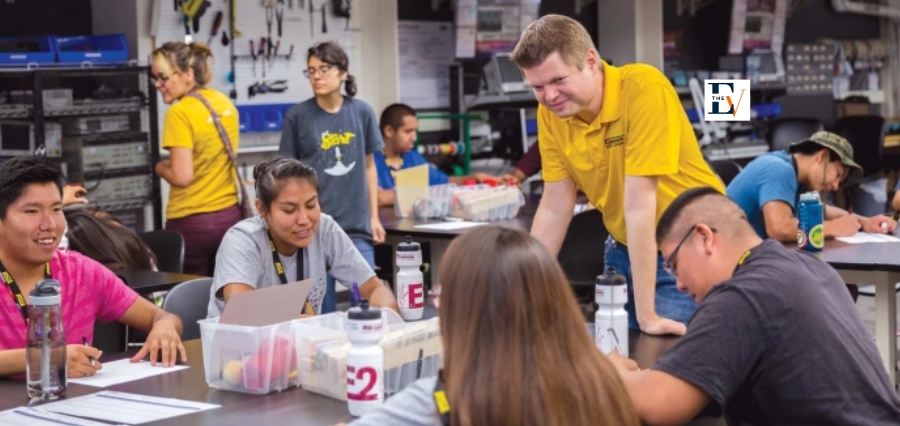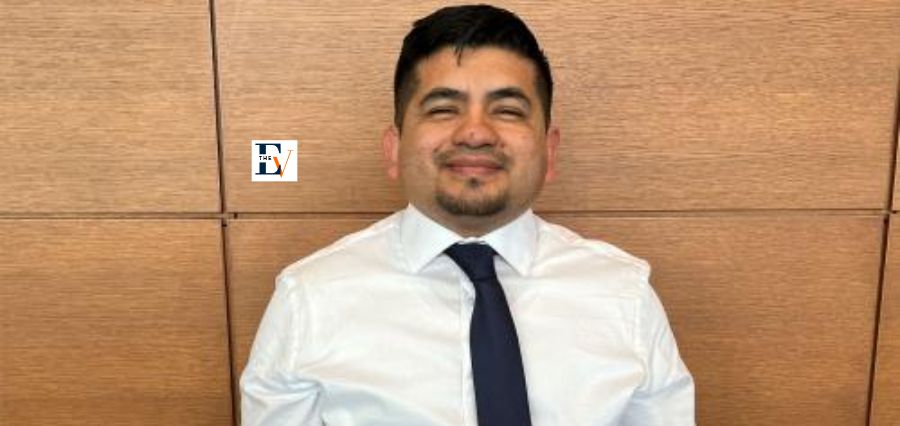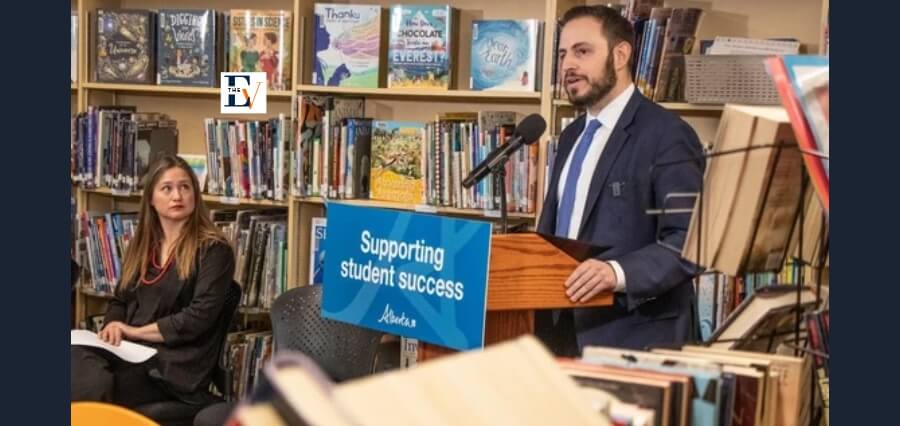Over forty years ago, a well-known U.S. Navy recruitment campaign declared, “It’s not just a job, it’s an adventure!”
That encapsulates the attitude with which Shawn Jordan is assuming the position of acting director of the newest school to join Arizona State University’s Ira A. Fulton Schools of Engineering.
Jordan’s role as dean of the School of Integrated Engineering will entail more than just following the path set by the other seven Fulton Schools. It’s going to be about making history.
Jordan is spearheading the effort to integrate the rapidly advancing engineering methods and expertise into a wider range of business and industry endeavors.
His responsibility is to direct the development of the new school’s curricula, which are intended to train students especially for employment in rapidly developing high-tech fields like microelectronics. Creating curricula to equip students with engineering abilities in addition to other disciplines will be part of this challenge, as technology-based organizations are becoming more and more competitive and demanding.
“Our goal with this school is to establish an evolutionary endeavor that transcends conventional disciplinary boundaries,” states Jordan, an associate professor of engineering who has taught at The Polytechnic School, a Fulton Schools institution, for the previous 13 years.
The new school will offer more than just training students for careers in traditional technology. It will provide courses examining how engineering techniques, concepts, and abilities may be applied to advance a variety of cutting-edge professions, including teaching, nursing, fashion, and company operations and management.
According to Jordan, the goal is to develop fresh, innovative curricula that will enable graduates to distinguish themselves as specialists and trailblazers who can significantly improve a range of corporate marketplaces as well as our general economic and social cultures.
Serving the requirements of the West Valley communities in the Phoenix area will be a primary goal of the School of Integrated Engineering, which is housed on the ASU West Valley campus.
In the past, the West Valley has not received enough attention in the engineering field. That’s a major reason ASU wants to assist in bringing engineering to that area, according to Jordan. For present and future students who wish to pursue engineering studies nearer to their homes, we aim to provide opportunities.
If a large number of their employees live in the area and have a stake in it, we would like to establish ties with businesses that are currently based there or may choose to relocate there in the future.
Jordan believes that by creating chances to form beneficial industrial collaborations, the new school will increase the overall influence and prominence of the ASU West Valley campus.
“Creating different academic offerings that reflect community needs is one of my top goals for the school. Having highly active collaborations with a range of companies is necessary for accomplishing so effectively, he argues.
Jordan sees possibilities for cooperation that go beyond just giving students scholarships and internships or connecting businesses with possible employees. According to him, these fruitful partnerships will ideally serve as launching pads for industry-academia ventures that infuse creativity into the integration of business and higher education endeavors.
According to Jordan, this approach to industry ties also reflects his desire for the new school to teach students about the corporate and economic frameworks of the engineering sector in addition to the technical parts of engineering.






